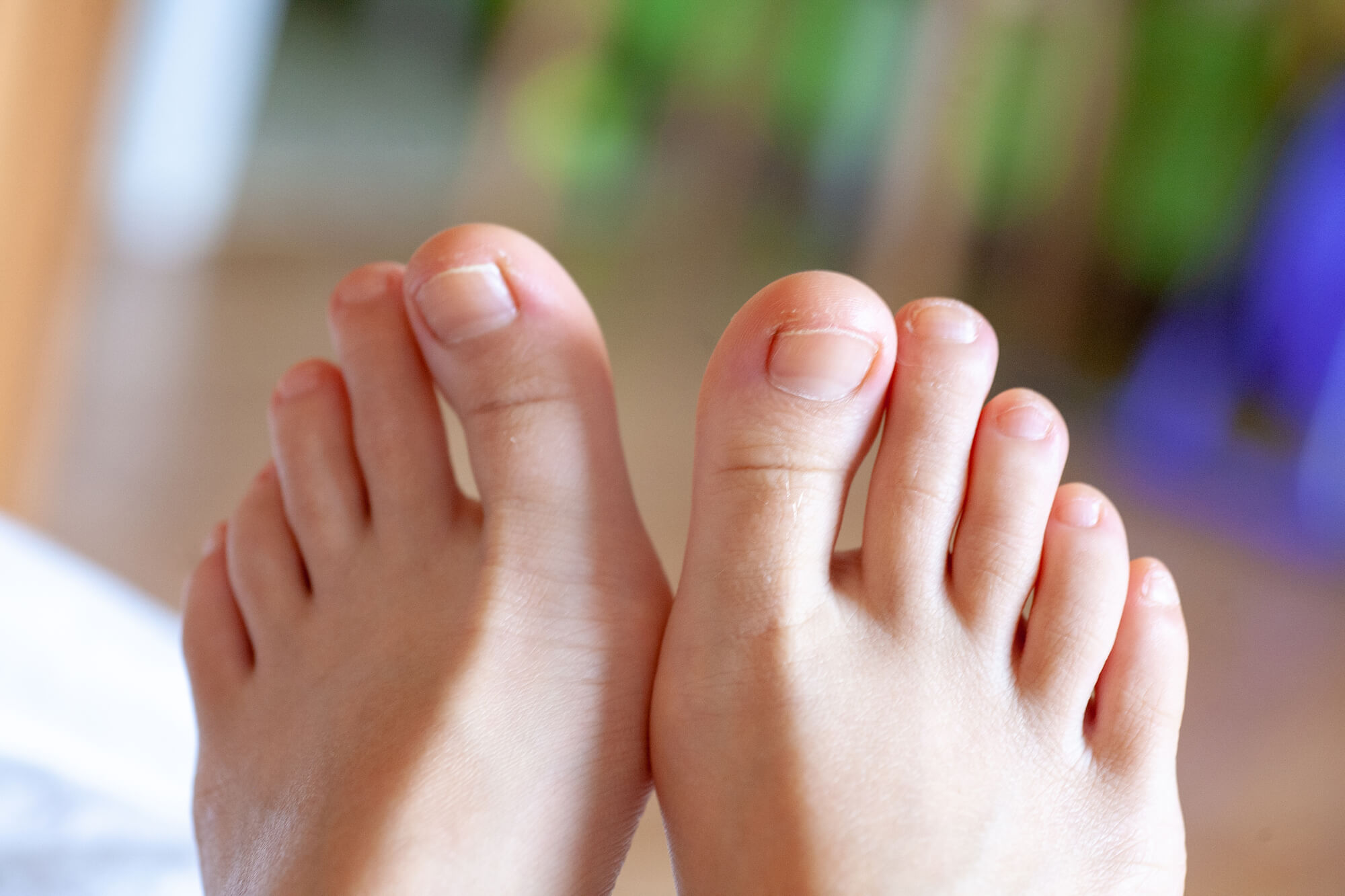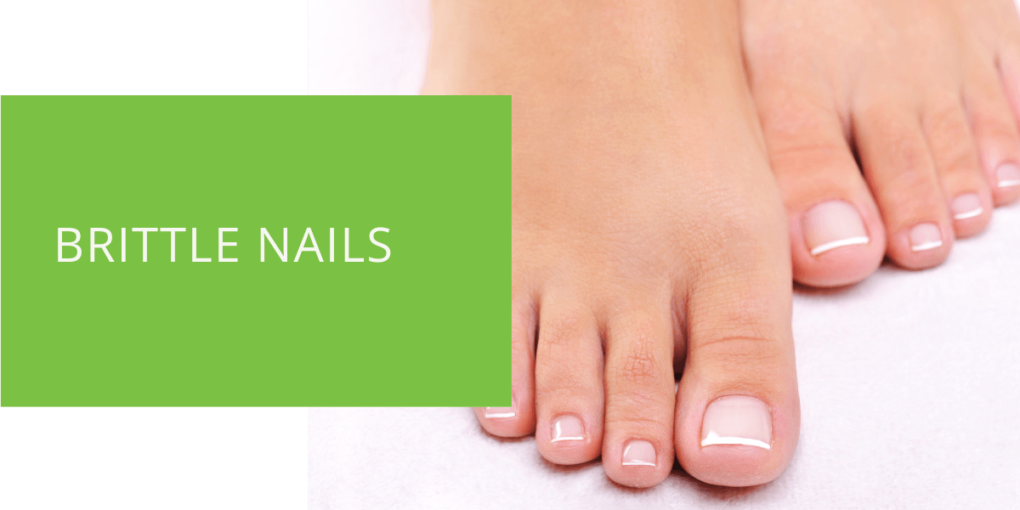Understanding the Causes of Brittle Nails
Brittle nails are a common concern affecting many individuals, often causing frustration and discomfort. While they may appear minor, understanding the underlying causes is crucial for effective management and prevention.
Key Takeaways
- Nutritional deficiencies, environmental factors, and medical conditions like thyroid disorders can contribute to brittle nails.
- Lifestyle habits such as smoking, excessive alcohol consumption, and poor diet can negatively impact nail health.
- Seeking professional advice from a podiatrist or dermatologist is essential for properly diagnosing and treating the underlying causes of brittle nails.
What Are Brittle Nails?
Brittle nails, characterized by their tendency to split, crack, or break easily, can affect both fingernails and toenails. They often appear dry, dull, and lacking in vitality. Distinguishing brittle nails from other nail conditions, such as fungal infections or psoriasis, is essential for accurate diagnosis and treatment.
Common Causes of Brittle Nails
Nutritional Deficiencies
Nutritional deficiencies, particularly of biotin, iron, and zinc, can significantly impact nail health. Biotin, also known as vitamin B7, plays a vital role in maintaining the strength and integrity of nails. Iron deficiency can lead to brittle nails due to impaired oxygen transport to the nail matrix, while zinc deficiency may result in abnormal nail development.
Environmental Factors
Exposure to harsh chemicals in nail polish, nail polish remover, and household cleaning products can strip the nails of their natural oils, leaving them vulnerable to brittleness. Additionally, frequent hand washing and prolonged immersion in water can contribute to nail dehydration and weakening.
Aging
Our nails change texture, thickness, and moisture content as we age. Natural aging can reduce oil production in the nail bed, resulting in dry, brittle nails. Decreased blood circulation to the extremities may also impair nail growth and strength over time.

Medical Conditions
Thyroid Disorders
Hypothyroidism, characterized by an underactive thyroid gland, can affect nail health. Thyroid hormones regulate metabolic processes, including nail growth and repair. Individuals with hypothyroidism may experience brittle nails as a symptom of their condition.
Fungal Infections
Fungal infections of the nails, such as onychomycosis, can cause nail brittleness, discoloration, and thickening. Fungi thrive in warm, moist environments, making toenails susceptible to infection. Proper diagnosis and treatment by a dermatologist or podiatrist are essential for managing fungal nail infections effectively.
Psoriasis
Psoriasis is a chronic autoimmune condition that can affect the skin and nails. Nail psoriasis often presents as pitting, ridges, or yellowing of the nails, accompanied by brittleness and crumbling. Dermatological interventions, including topical treatments and systemic medications, may be necessary to alleviate symptoms and improve nail health.
Medications
Certain medications, such as chemotherapy, retinoids, and antifungals, may adversely affect nail health. These medications can disrupt the normal growth and development of nails, leading to brittleness, discoloration, or changes in texture. Consulting with a healthcare professional about medication side effects is essential for minimizing potential nail damage.
Lifestyle Factors
Unhealthy lifestyle habits, such as smoking, excessive alcohol consumption, and poor diet, can negatively impact nail health. Smoking restricts blood flow to the extremities, including the nails, impairing their ability to receive essential nutrients and oxygen. Alcohol dehydrates the body, leading to dry, brittle nails. Incorporating nutritious foods rich in vitamins, minerals, and antioxidants can promote stronger, healthier nails.
Conclusion
Understanding the diverse factors contributing to brittle nails is paramount for effective management and prevention. Whether addressing nutritional deficiencies, minimizing exposure to harsh chemicals, or managing underlying medical conditions, proactive steps can significantly improve nail health. Seeking professional advice from a podiatrist or dermatologist ensures accurate diagnosis and tailored treatment options. At ePodiatrists, we are committed to providing personalized care to address your nail concerns and promote optimal nail health.
Schedule an appointment with ePodiatrists today for personalized nail health assessment and management recommendations. Your journey to healthier, stronger nails starts here.

